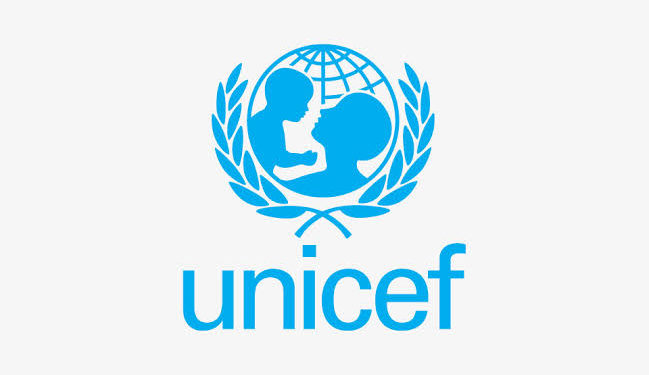South Sudan is currently grappling with its most severe cholera outbreak in two decades, exacerbating the nation’s ongoing humanitarian crisis. Since the outbreak was declared on October 28, 2024, the National Ministry of Health has reported 1,745 cases across 18 counties, resulting in at least 23 deaths.
The rapid spread of cholera is closely linked to the influx of refugees fleeing the conflict in Sudan. Over 745,000 individuals have crossed into South Sudan since April 2023, including more than 160,000 refugees and numerous South Sudanese returnees. Overcrowded camps with inadequate sanitation and limited access to clean water have created conditions ripe for the disease’s transmission.
Médecins Sans Frontières (MSF) has highlighted the alarming speed at which the outbreak has spread, affecting seven out of ten states within just three months. As of December 31, 2024, 9,102 suspected cases were reported between October 23 and December 22, with Rubkona County being the most affected, recording 4,972 cases.
The outbreak has underscored the fragility of South Sudan’s healthcare system, which has been further weakened by funding cuts since 2022. Many health clinics and state hospitals have lost funding, leading to unpaid staff, depleted supplies, and facility closures. This has severely hampered the country’s ability to respond effectively to the cholera crisis.
In response, the Ministry of Health, in collaboration with the World Health Organization (WHO), UNICEF, and other partners, is implementing measures to manage the outbreak. Efforts include deploying rapid response teams, distributing medical supplies, and conducting community engagement initiatives to promote hygiene practices. Additionally, over 200,000 individuals have been vaccinated in high-risk areas to curb the disease’s spread.
Despite these efforts, challenges persist due to the ongoing humanitarian crisis, poor sanitation, and limited access to clean water. Health officials and humanitarian agencies continue to emphasize the need for sustained support to strengthen South Sudan’s healthcare infrastructure and prevent future outbreaks.




